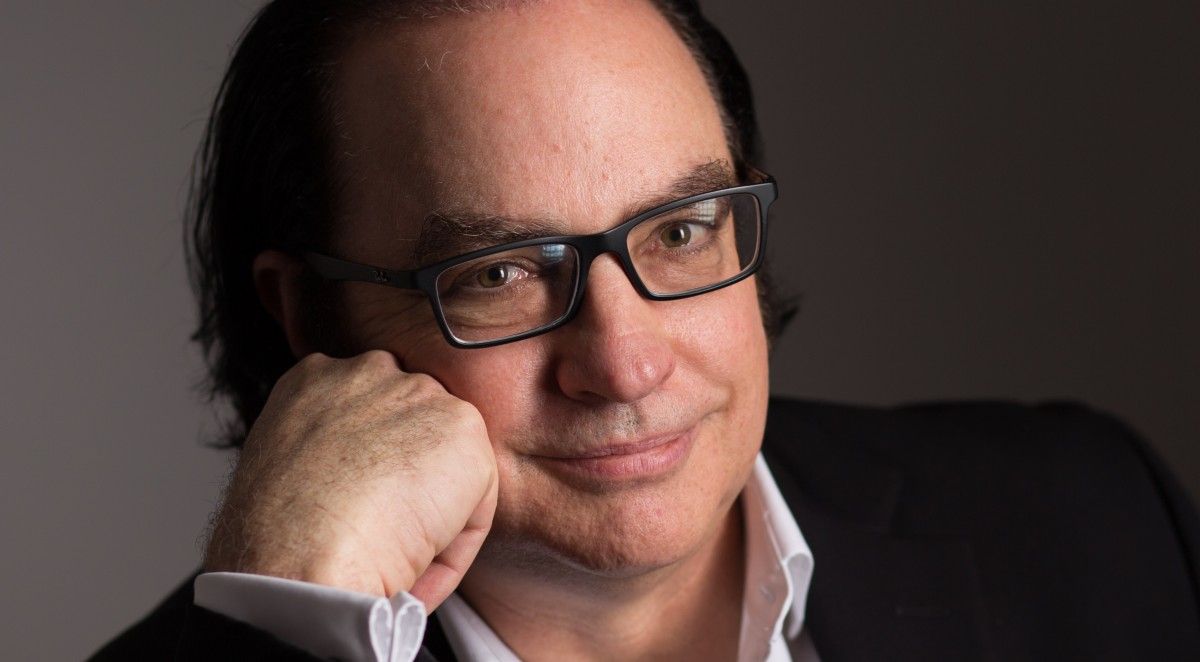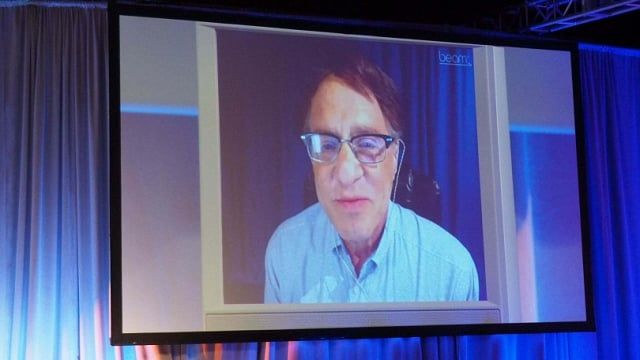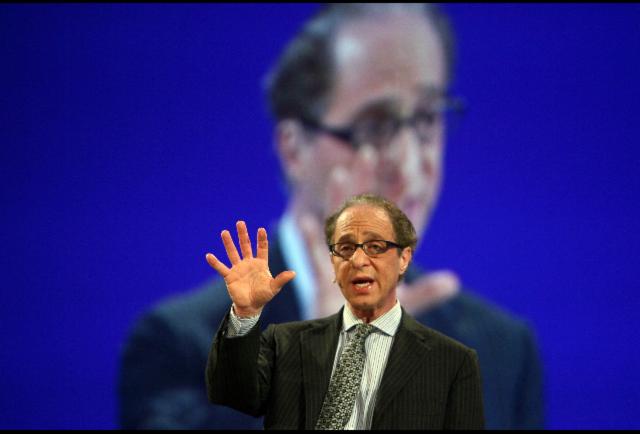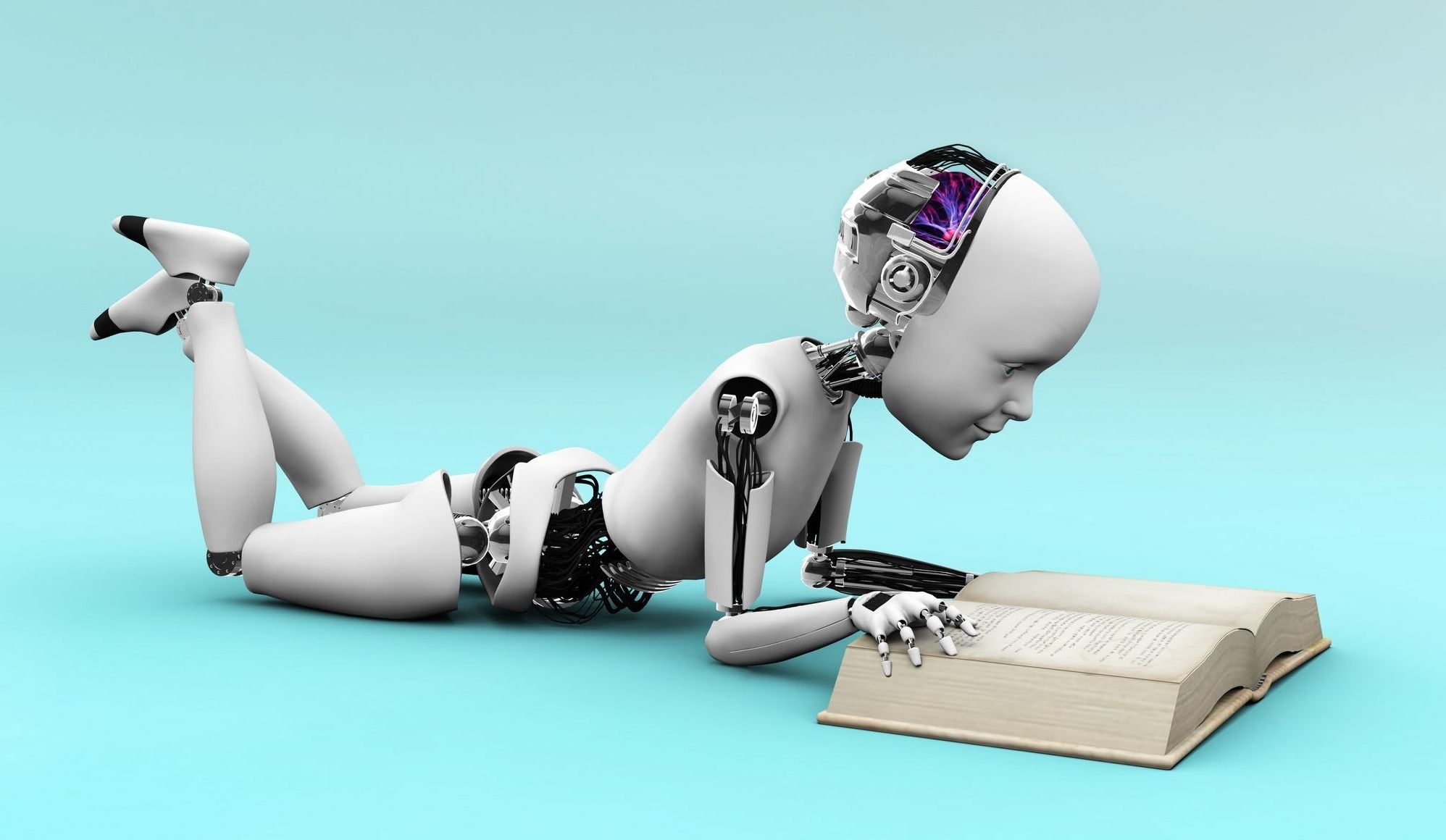Ray Kurzweil is a celebrity technologist, well known both for his work as an inventor and for his relatively accurate predictions of technological change. Among his predictions is that of an imminent biotech revolution, which may enable people to restore and maintain healthy life for much longer periods of time than those humans have enjoyed historically. In the meantime, Ray says he takes 250 dietary supplements each day, in addition to receiving half a dozen intravenous therapies each week.
“Although my program may seem extreme, it is actually conservative – and optimal (based on my current knowledge). [My doctor] and I have extensively researched each of the several hundred therapies that I use for safety and efficacy. I stay away from ideas that are unproven or appear to be risky (the use of human-growth hormone, for example).” – Ray Kurzweil in The Singularity Is Near (pages 211–212)
Some of Ray’s dietary supplements are nootropics, intended to maintain and improve brain health. He lists them in his book, Transcend (pages 15 and 22). I’ve compared the nootropics he recommends to reviews on Examine.com, an independent and unbiased encyclopedia on supplementation and nutrition that is not affiliated in any way with any supplement company. Below is a table that summarizes what I found, followed by some observations.





